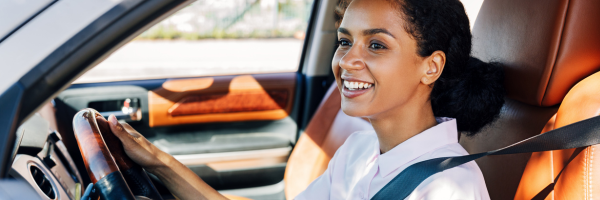
by bailie | Apr 12, 2025 | Auto Insurance
When it comes to protecting your biggest assets—your home and your vehicle—bundling insurance is one of the smartest financial decisions you can make. At Jones Family Insurance, we help Florida residents maximize their protection while reducing overall insurance...

by Morgan Timko | Nov 20, 2023 | Auto Insurance
Americans have been dealing with inflation costs since 2021, from food, gas, housing and now auto insurance. Unfortunately for Floridians, Florida has the highest rate of auto insurance right now according to an article that was written by the Washington Post. It also...
by Morgan Timko | Oct 24, 2023 | Auto Insurance, News
In Florida, all drivers are required to have two types of auto insurance coverage: Personal Injury Protection (PIP): Florida is a “no-fault” state, which means your own insurance company will cover your medical expenses and lost wages regardless of who is...
by Morgan Timko | Nov 30, 2020 | Auto Insurance
Does my auto insurance cover me when I am on Holiday Vacation? With the holidays coming on strong, you’re probably thinking of taking trips to visit family or just enjoying some time off. You might wonder if your auto insurance covers you even when you’re out of town....
by Morgan Timko | Nov 17, 2020 | Auto Insurance
I Just Bought a New Car. What Insurance Coverage Do I Need? Congratulations! After weeks of research, comparing makes and models, and taking test drives you finally bought that brand-new car you wanted. But before you take that well-deserved road trip, check one more...




